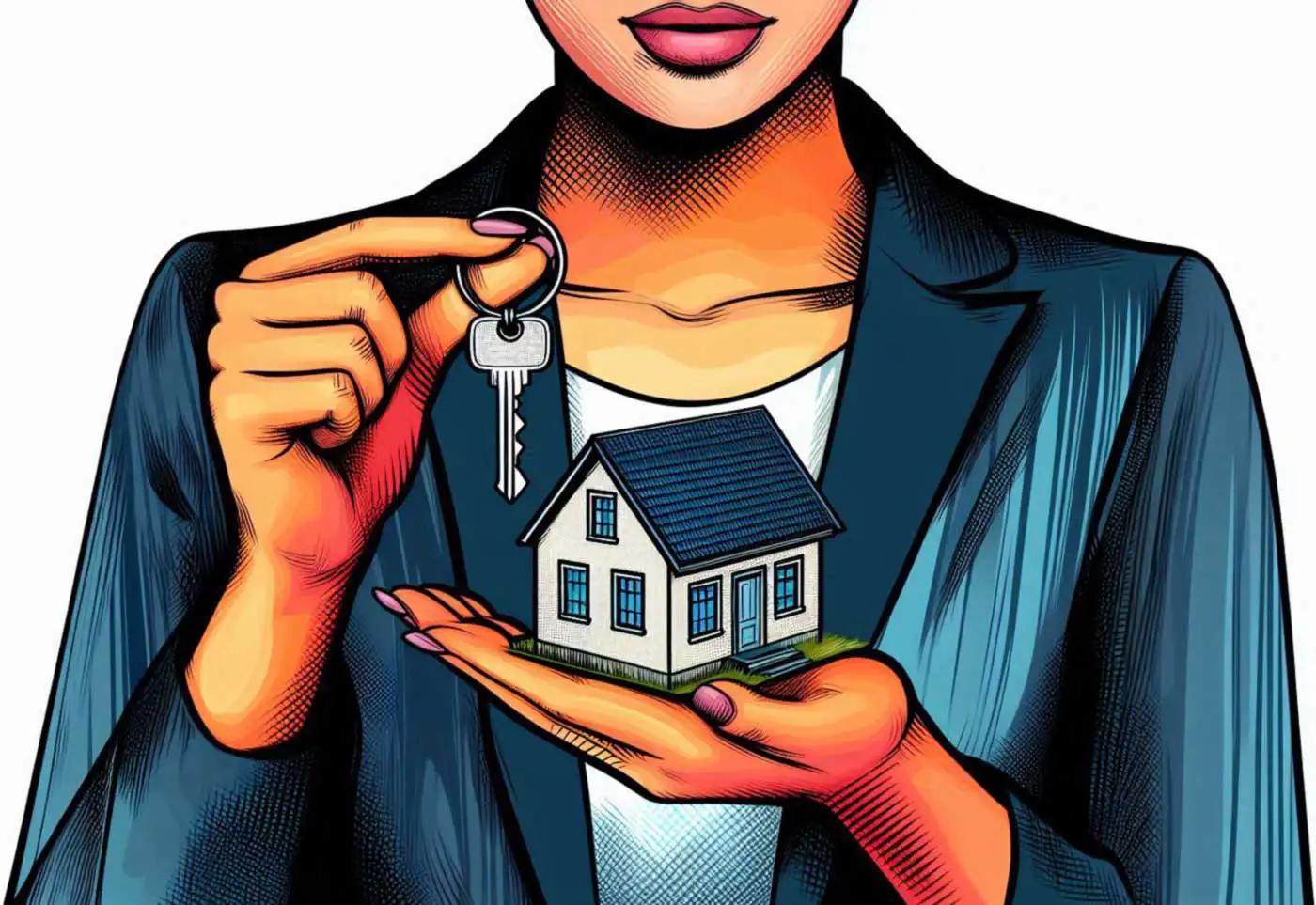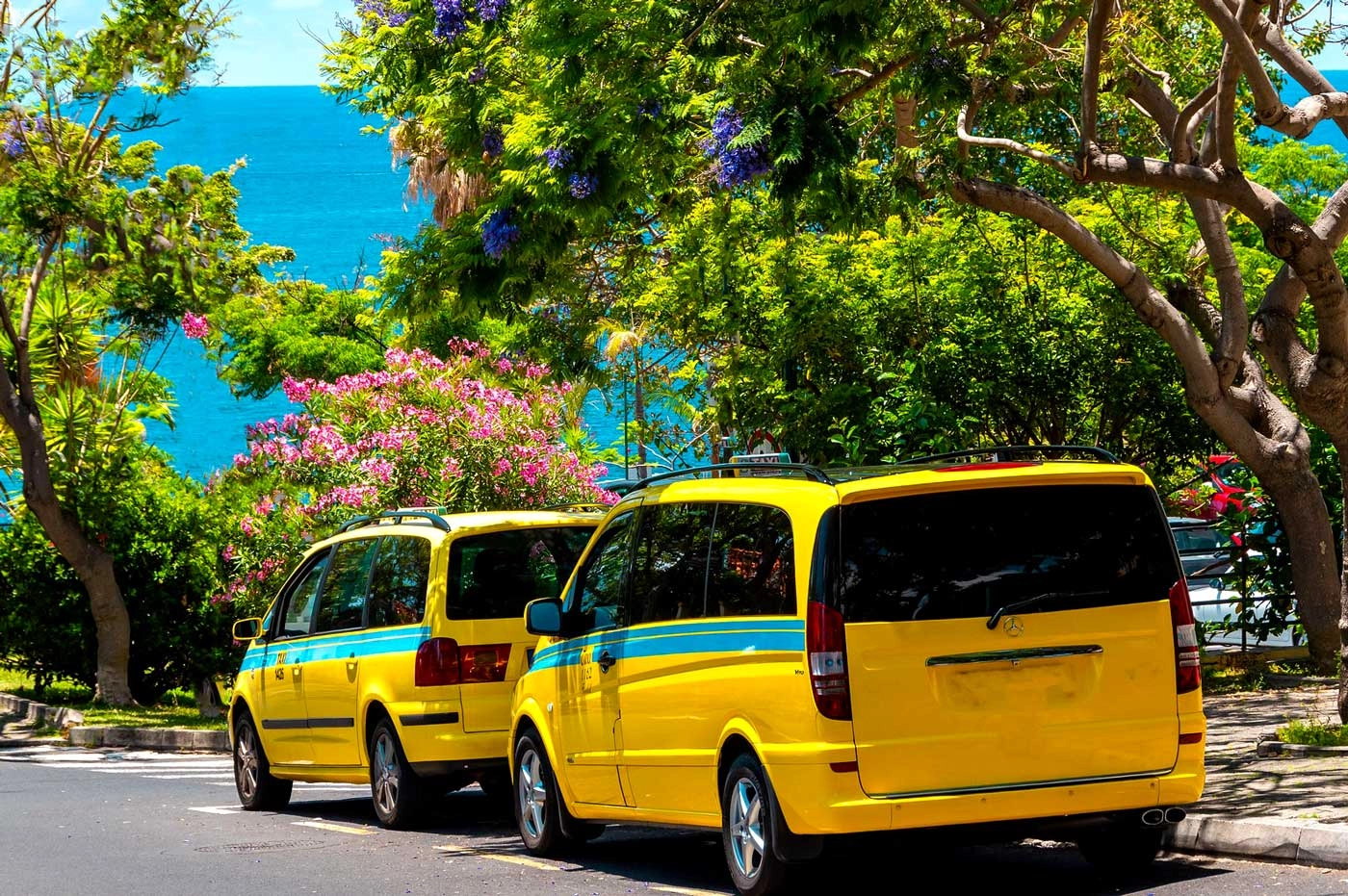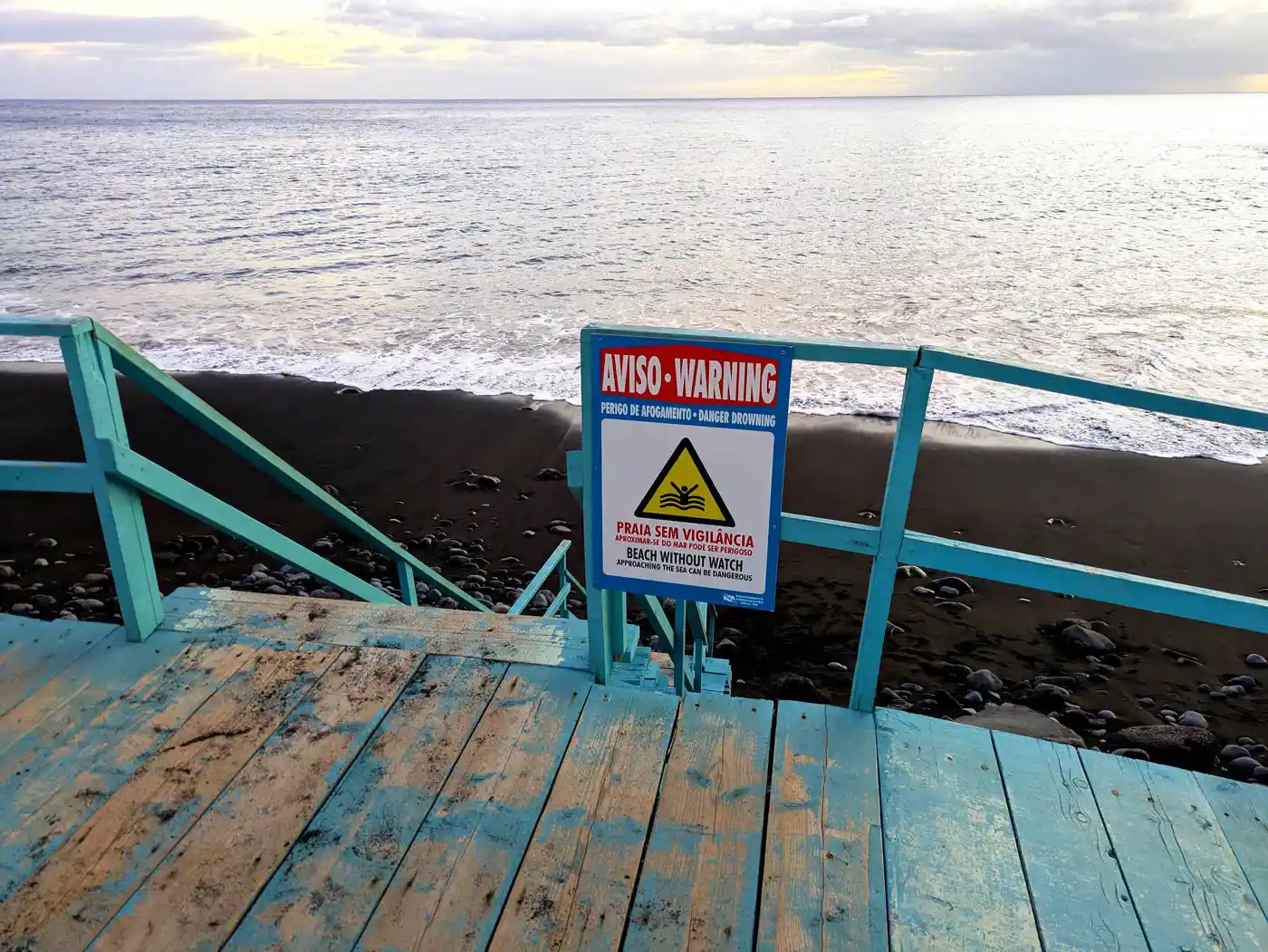High Demand, Limited Supply Leads to Longer Waiting Times for Property Sales
The real estate market in Madeira has become increasingly challenging, especially for locals. According to RTP Madeira, interviewing Ricardo Canada, a real estate agent with 23 years of experience, the average time it takes to sell a property has dramatically decreased in recent years. What used to take around 70 days to complete, from listing to closing, now averages between 30 and 45 days. This quick turnaround reflects the high demand and limited supply in the region. However, for locals, this fast-paced market often means missing out on opportunities.
Foreigners Outpace Locals in Real Estate Market
One of the key factors driving this dynamic market is the growing interest from foreign buyers. Canada points out that about two years ago, 80% of the demand was from local residents, and only 20% from foreigners. Today, this balance has shifted, with foreign buyers now accounting for around 50% of the market. These buyers are often able to secure properties faster than locals, who face a much longer and more complicated process. Locals are continually looking for affordable options that match their financial capacity, while international buyers tend to have fewer restrictions on price.
From the moment the property starts going through preparation for listing - including cleaning, staging, publishing, managing visits, handling offers, and contracts - the whole process now takes about 30 to 45 days.
Ricardo Canada, RTP Madeira
Foreign Buyers Aren’t Necessarily Residents
Despite foreigners making up 5.5% of the population at the end of 2023, they aren’t necessarily residents. Many foreign nationals buying property in Madeira do not live there full-time. They may be:
Second-home buyers
Real estate investors
Short-term rental hosts
People planning for retirement or remote work
So they don’t show up in population data (like census or residency stats), but they do show up in property transactions.
Developers Focus on High-End Housing, Leaving Locals Behind
Francisco Marques, a real estate agent with nine years of experience, explains that developers in Madeira have increasingly focused on high-end residential projects. As a result, the supply of affordable housing remains insufficient to meet the needs of most residents. While property values are not expected to drop anytime soon, locals struggle to find options that align with their budget.
Marques suggests that one solution to make housing more accessible would be to reduce the VAT on construction from 20% to 6%, which could help lower the costs of new projects. But will it make a real difference?
Local Government's Role in Managing Housing Supply
The city of Funchal has seen some of the highest property prices on the island. To address the situation, Marques recommends that the local government should limit the issuance of new licenses for short-term rental properties in areas already under urban pressure. By doing so, the supply of properties available for long-term residents could increase, helping to ease the strain on locals searching for affordable housing.
Outlook for the Future of Madeira's Housing Market
Despite the challenges, the demand for properties in Madeira is expected to remain high. The real estate market continues to see more demand than supply, and prices are unlikely to decrease in the near future. With a growing number of foreign buyers and a focus on high-end development, locals will need to explore alternative strategies to secure affordable housing.
Source: RTP Madeira






Comments